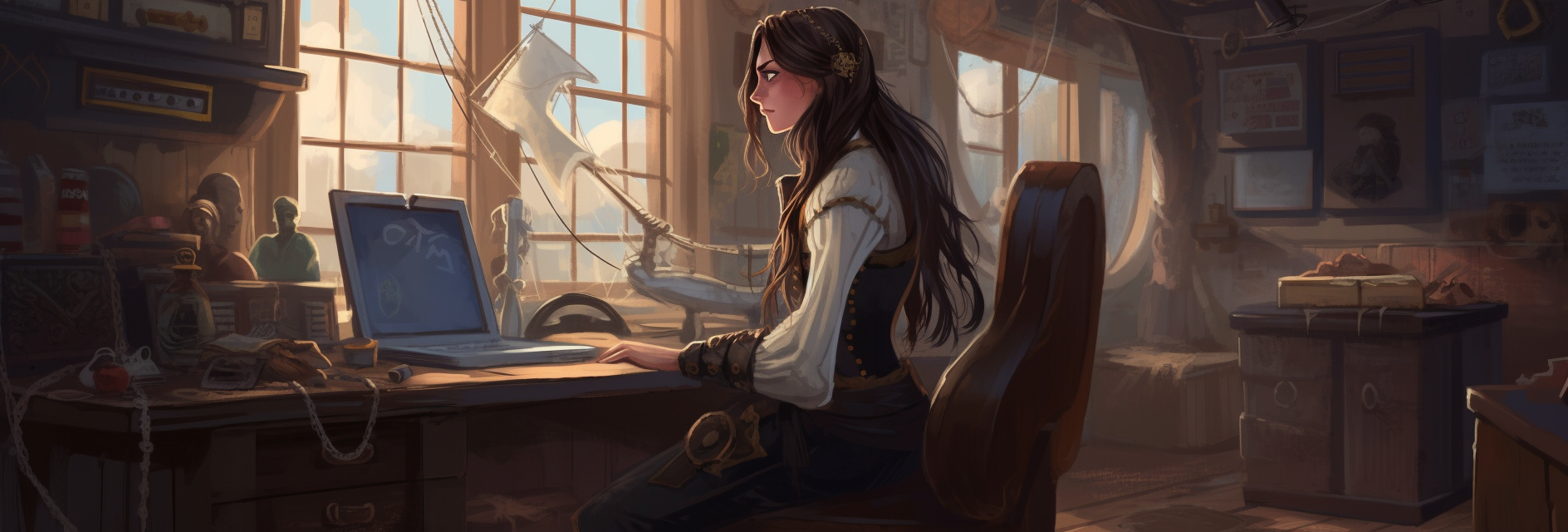Creating DateTime Objects

Ahoy, me hearties! Today, we’ll be exploring the fantastic world of DateTime objects in JodaTime. If ye be looking to create DateTime objects with specific dates and times, ye be in the right place. In this article, we’ll walk ye through the process of creating DateTime objects using JodaTime, with a few examples to help ye along the way.
Examples of Creating DateTime Objects with Specific Dates and Times
Before we dive into the code, let’s get a quick overview of what DateTime objects are. Simply put, a DateTime object represents a specific point in time. It can store information about the year, month, day, hour, minute, second, and millisecond. In JodaTime, creating a DateTime object is a breeze. Here’s how ye can do it:
DateTime dateTime = new DateTime(2023, 4, 26, 12, 30, 0, 0);
In this example, we’ve created a DateTime object that represents the 26th of April, 2023 at 12:30 PM. The last two arguments are for milliseconds and the time zone, respectively. If ye don’t provide these arguments, JodaTime will use the default values.
But wait, there’s more! Ye can also create DateTime objects from a string representation of a date and time. Here’s an example:
DateTimeFormatter formatter = DateTimeFormat.forPattern("yyyy-MM-dd HH:mm:ss");
DateTime dateTime = formatter.parseDateTime("2023-04-26 12:30:00");
In this example, we’re using a DateTimeFormatter to specify the pattern of the string we’re parsing. The pattern “yyyy-MM-dd HH:mm:ss” tells JodaTime that the string will be in the format “year-month-day hour:minute:second”. The formatter then converts the string into a DateTime object, which we store in the dateTime variable.
Conclusion
And there ye have it, me hearty adventurers! Creating DateTime objects in JodaTime be as easy as hoisting the Jolly Roger. Whether ye be creating DateTime objects from scratch or parsing them from strings, JodaTime’s got ye covered. In the next articles, we’ll be exploring more of JodaTime’s features, so stay tuned! Arrr!